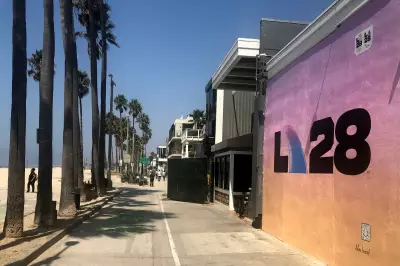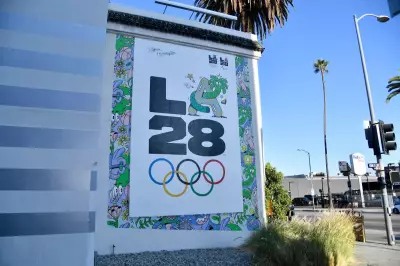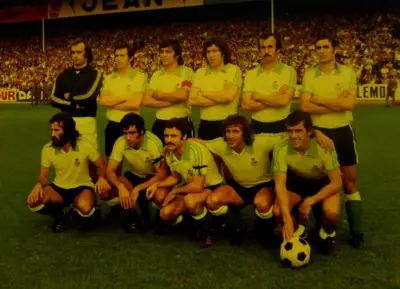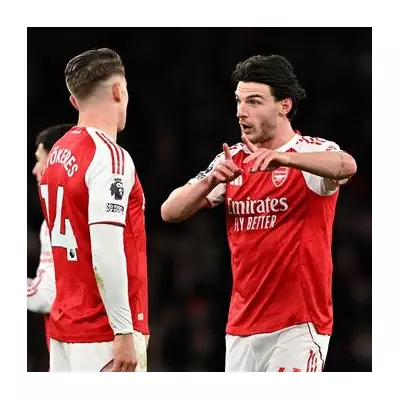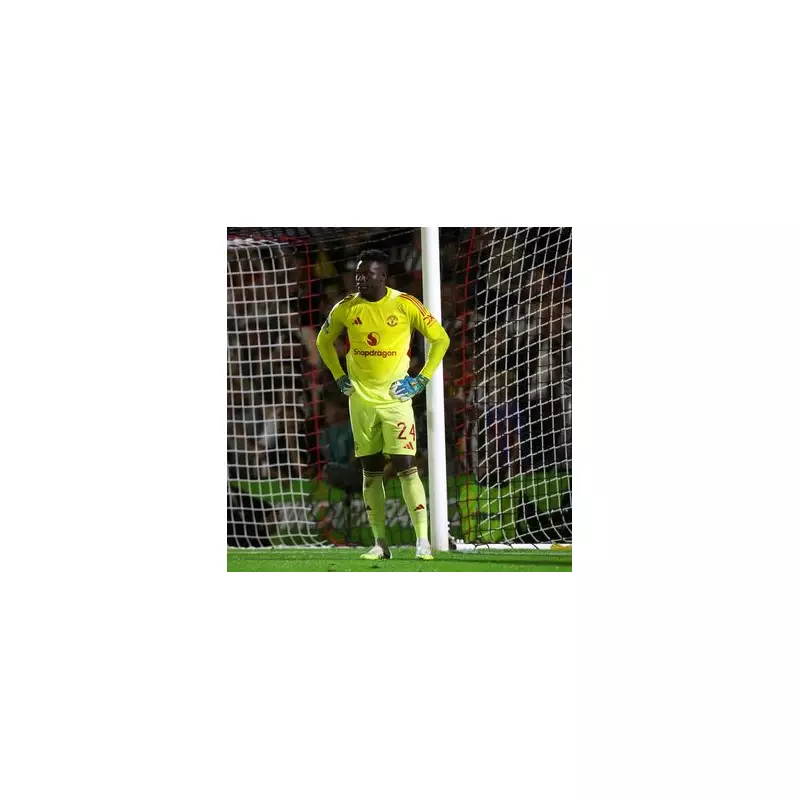
In a stunning twist to Manchester United's protracted search for a new manager, a clandestine meeting involving Andre Onana's agent has been revealed as the critical factor in Ruben Amorim's sudden withdrawal from contention.
The Sporting CP manager, heavily tipped as the prime candidate to succeed Erik ten Hag, was engaged in advanced negotiations with Old Trafford officials. However, the deal spectacularly unravelled following a discreet encounter in London between Amorim and Onana's representative.
The London Meeting That Changed Everything
Amorim, who had travelled to England for talks with West Ham, extended his trip for a separate, highly confidential discussion about the United project. Sources close to the negotiations confirm this meeting was not with United's hierarchy, but with an intermediary acting on behalf of key figures within the club's dressing room.
The presence of Onana's agent at this meeting has raised significant questions about player power and its influence over United's strategic decisions. This intervention appears to have directly contributed to Amorim's abrupt cooling of interest in the role.
Ten Hag's Uncertain Future
The collapse of the Amorim pursuit leaves Erik ten Hag's position in a state of limbo. Despite securing an FA Cup final place, the Dutchman's future remains shrouded in doubt following United's worst Premier League finish in decades.
INEOS and Sir Jim Ratcliffe, now overseeing football operations, are conducting a thorough end-of-season review. This process will ultimately determine whether Ten Hag remains at the helm or if the club must restart their search for a new leader.
Why Amorim Was a Top Target
The Portuguese tactician had emerged as United's preferred candidate due to his impressive track record at Sporting, where he broke the club's 19-year wait for a league title. His modern, high-press philosophy and success in developing young talent aligned perfectly with the new INEOS vision for the club.
His release clause, while substantial at approximately £12.8 million, was deemed acceptable for a manager of his calibre and potential. However, the behind-the-scenes dynamics involving current players ultimately scuppered what seemed an imminent appointment.
This revelation exposes the complex power structures within Manchester United and suggests that any new manager must navigate not just the expectations of the board, but also the influential voices within the dressing room.

